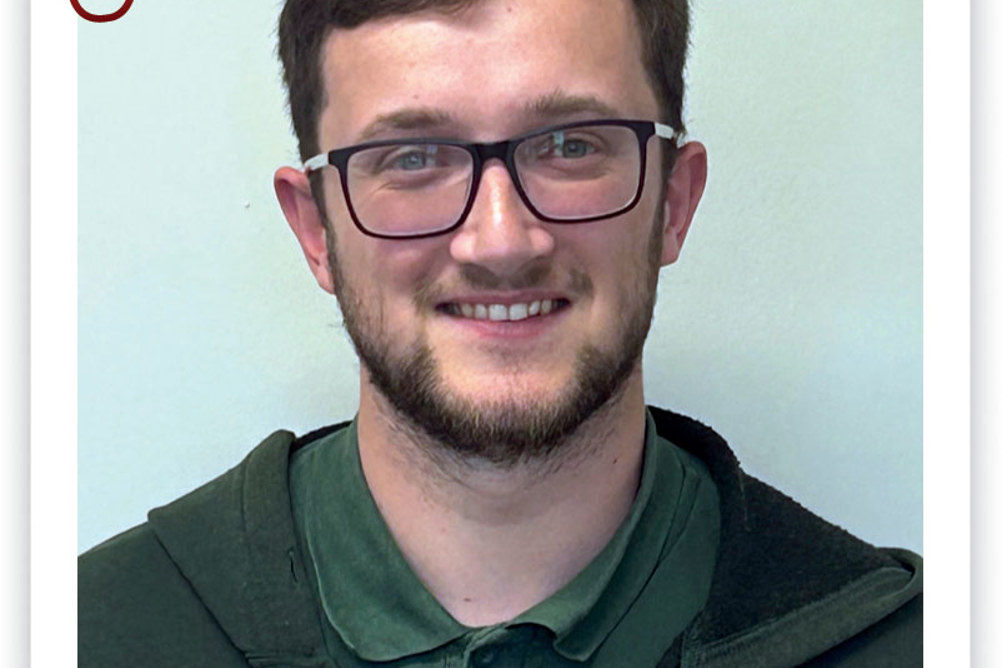
Lowering expectations
I received an autism diagnosis when I was 11. Mainstream education was challenging. My sensory difficulties made the classroom an intimidating place. Rather than supporting me to identify the challenges and put measures in place, it was determined that I was the problem, so I was removed. I spent most of my education either overwhelmed or isolated. I did receive some vague career advice, mainly along the lines of “don't aim too high – after all, people with autism don't have to work, try some volunteering instead”. After I left school, I bounced around jobs. I started in retail while going to college and then in nurseries. I'd been told I was good with kids, but after an outing to the zoo with 30 under-twos, I handed in my notice – the sensory environment was too much.
A door opens
At that point I had limited job prospects because I was completely unaware of the skills I had, or the roles I would be suited for. I enrolled in a Job Centre employability course with a local organisation called, I Can Do That. During that course I decided I wanted the career advisor's job. I volunteered with them for six months, constantly asking them to take me on as an apprentice careers advisor – eventually they said yes. Initially, I worked with adults across England dealing with a huge diversity of situations and circumstances, and now I work for Outcomes First Group, a specialist provider of education for autistic children and young people, and those with social emotional and mental health (SEMH) needs. I support 10 schools across the South West of England. I'm currently completing my Level 6 apprenticeship in careers education, information, advice and guidance with Complete Careers.
Raising aspirations
Raising aspirations is crucial. Low expectations are the biggest barriers to any young person from reaching their full potential, especially if they are neurodiverse. Breaking down the barriers, building trust and forming a connection is the first step – and it takes time. Many of the older pupils arriving at our schools have had similar school experiences to my own – isolated from lessons due to “being disruptive” or excluded from school. When they first come to one of our schools, they can be in a really difficult place, with academic results affected and very little trust. I meet my pupils where they feel comfortable. To an outsider, it might not look like a typical careers advice session. It could happen during a walk around the school grounds or at the gym. It might last 10 minutes or stretch for hours. The key is finding that spark and helping it grow.
The best bits
Most of us have some idea about our own route to success, but what if you didn't? Imagine driving through the beautiful countryside, enjoying the scenery but without any particular destination – you would wonder where you're going to end up. That's where I come in. I love the journeys people take throughout their lives – no two stories are the same and I'm fascinated by this. Several people may have a similar set of circumstances, but each will have a different outcome. As a careers advisor, I get to listen to their stories and learn about their journeys, and although we don't and won't tell them what should go into their stories, we can help suggest a chapter title or two. That's the best bit for me, reading the story and helping them work out where they can travel next.
TOP THREE CAREER TIPS
- It's okay and perfectly valid not to know what you want to do. Give yourself time to look at what parts of education or work experience you really enjoyed.
- Identify your skills, then look around at different jobs that encompass that skill. Sometimes we just have to stop for a moment, refuel and reflect before starting to move on again.
- Give it a go. If it works and you enjoy it, that's great, but if not, you'll still have learned from that experience. You can always seek advice from someone you trust.

